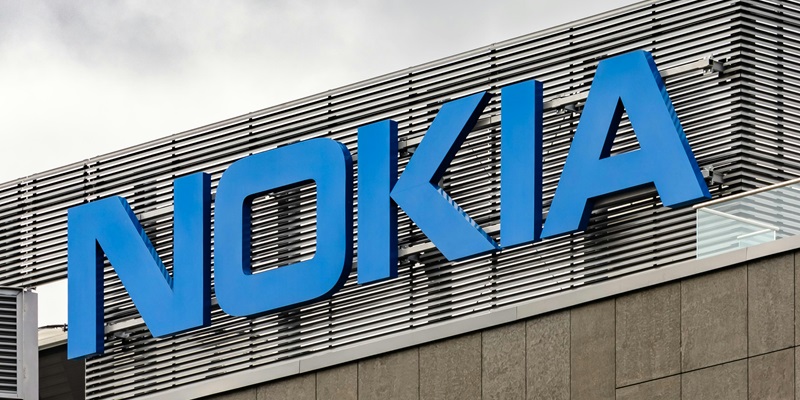Nokia’s innovative approach to enterprise connectivity is geared towards revolutionizing the field with the deployment of its high-speed, in-wall Optical Network Terminal (ONT). Providing not only efficiency and reliability, it stands out with potential reductions in energy consumption and operational costs by up to 40%. This positions Nokia’s solution at the forefront of sustainable technology, meeting the intensive demands of modern businesses and aligning with contemporary eco-conscious objectives.
Revolutionizing Connectivity with Efficiency and Sustainability
Nokia’s in-wall ONT is set to be a game-changer in the enterprise sector, promising to offer significant cost savings and eco-friendly networking solutions. As we advance towards a technologically dependent era, enterprises can look forward to a system that not only caters to high-bandwidth applications but also serves to simplify complexities. It is anticipated to slash ownership costs by half and play a pivotal role in enabling businesses to achieve their environmental goals, making it a beacon of operational eco-sustainability.
The Verdict from Industry Experts
With its impeccable track record best demonstrated through the successful application in over 600 diverse sectors, Nokia has solidified its status in the realm of Optical LAN deployment. Industry experts and analysts, including esteemed figures like Julie Kunstler, recognize the financial and environmental benefits that Optical LAN presents, suggesting a viable, long-term investment for enterprises. The in-wall ONT, in particular, is being lauded for its potential to drive future technological progress, marking it as an essential player in shaping the path of enterprise connectivity for years to come.

